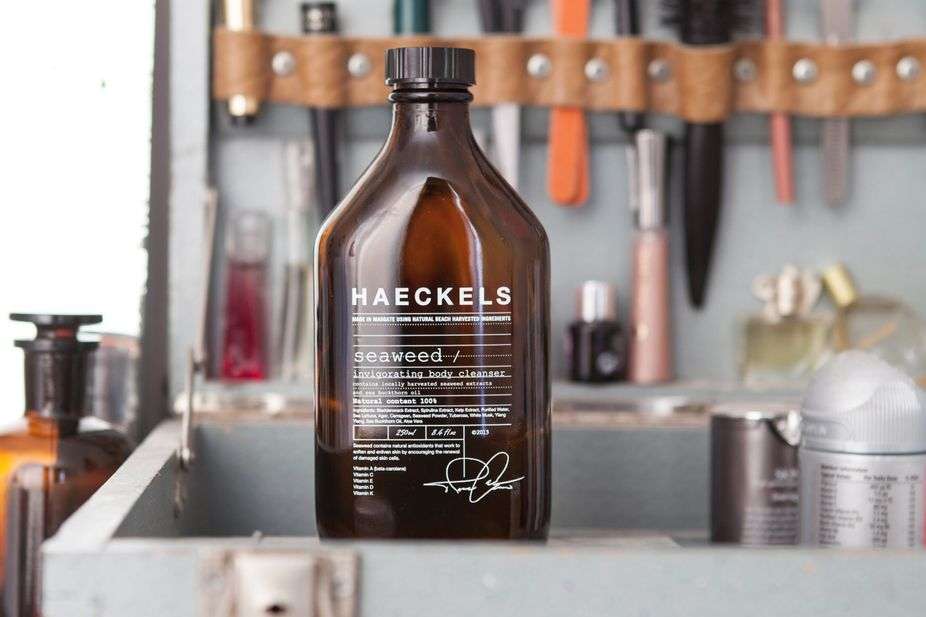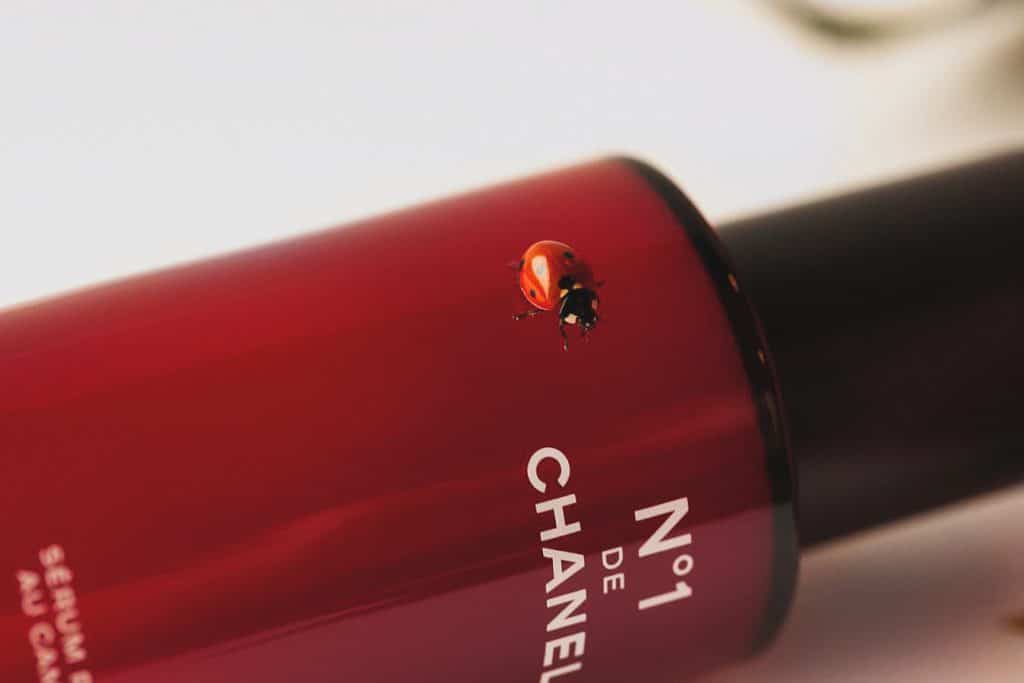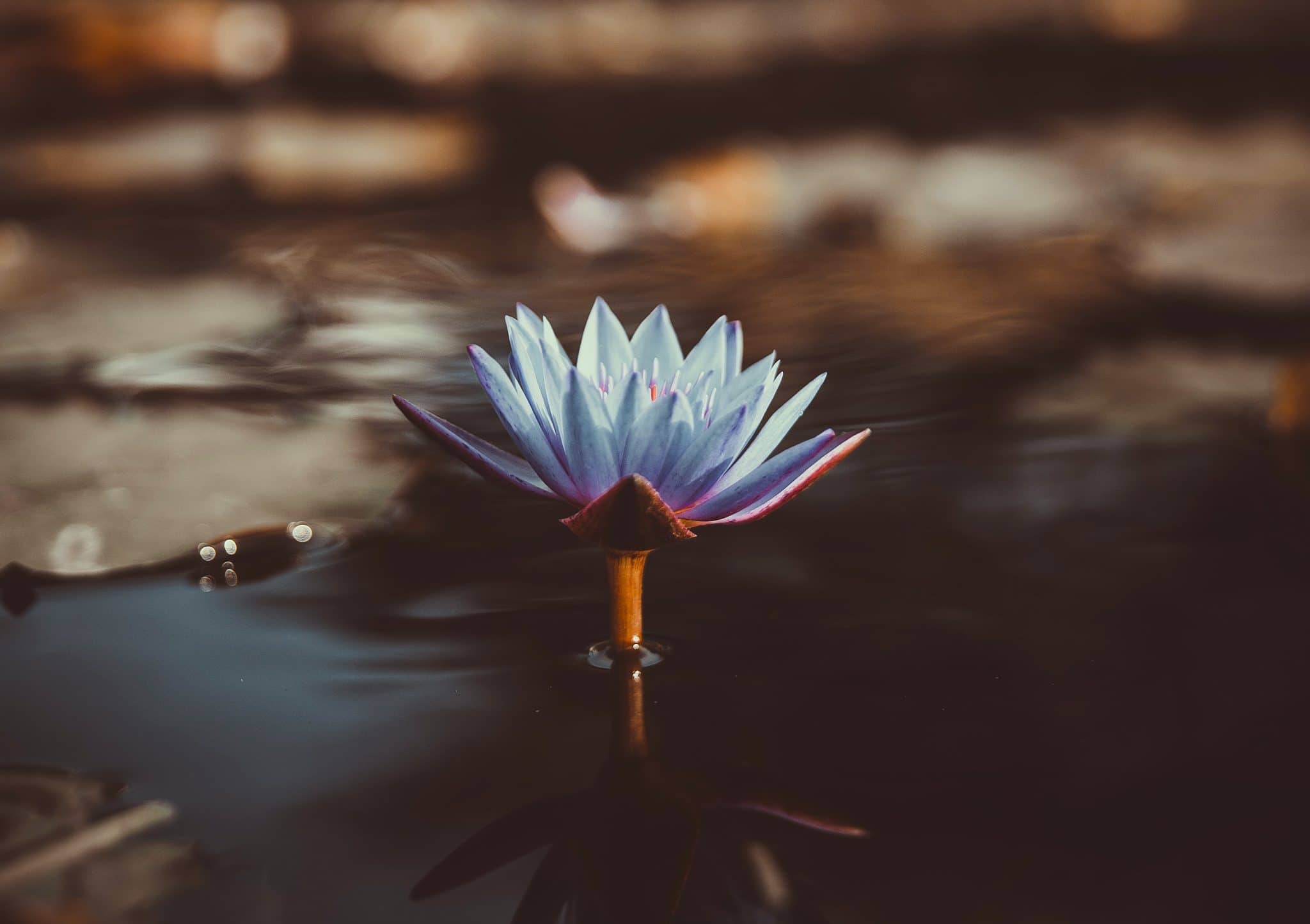There’s a new contender in the clean and sustainable fragrance category—reproducing extinct scents with synthetic biology.
Fragrance brand Haeckels says it is working with biotechnology to “grow” fragrances in a move to make the industry more sustainable.
With help from Tetsuo Lin, a CSM student from Tokyo who was connected with Haeckles via the London creative studio Here, Haeckels’ biotech process may resurrect fragrances from extinct flowers by using their DNA to reproduce them synthetically.
This, Lin and Haeckels say, could significantly reduce water, land, and resource use by the fragrance industry.
Synthetic, sustainable fragrance
“I wanted to explore the possibilities of scent and design, I love the way smells evoke memories,” Lin told Dazed Digital. “I’d been researching perfume and found that due to the high environmental impact of certain ingredients, some perfumers are experimenting with new techniques with DNA from the plant, to reproduce the smell. I thought this was cool, and wanted to recreate a perfect rose scent in a lab,” Lin said.
The process is reliant on technology similar to that being used to develop dairy without animals by programming yeast cells to produce certain enzymes. In this case, the enzymes are producing scents, “for instance, making a scent of rose without actual flower but only with yeast,” Lin said.

“Bringing back an extinct species is an attention-grabbing narrative, but if it works, there could be much wider applications for reducing impact,” Haeckels’ head of design Jessica Gregory said. “Engineering scents in this way could save waste and damage to ecosystems—as not all-natural ingredients are currently grown sustainably.”
Recent research published in the Journal of Archaeological Science details how researchers were able to collect chemical residue from ancient Egyptian pots recovered from the tomb chapel of the architect Kha and his wife, Merit. The researchers were able to detect fats and oils that served as the base of ointments and fragrances.
Lin says the synthetic biology Haeckels is using takes a tiny amount of DNA extracted from specimens and then “analyses and predicts gene sequences that might encode enzymes that create the smell molecules.” From this analysis, they can learn what molecules the specimens produced, and “we can get the recipe, gather all the ingredients, and mix them together to recreate the scent.”
Science is making other fragrance realities possible, too. In January, French start-up Jungle and fragrance giant Firmenich announced Muguet Firgood, the world’s first-ever sustainably sourced true commercial extract from the lily of the valley flower.
Fragrance brands have been attempting to replicate the lily of the valley scent for decades as the flower doesn’t bloom long enough to extract its scent. Through a vertical farming feat, Jungle has been able to allow for sustainable harvest and extraction.
Sustainable fragrance industry
Haeckels was founded in 2012 in Kent by Dom Bridges with the goal of building a circular business bridging sustainability with pioneering design, high-quality craftsmanship, and a love of the ocean. Seaweed figures prominently in its beauty and fragrance products.
“Haeckels works to solve problems of waste, be it packaging or natural resources. Locally harvested seaweed (under license, so we don’t over-harvest) is the base for all our products,” Gregory said. “We’ve developed relationships with farmers in Sri Lanka for our essential oils so we have an understanding of sustainability throughout the supply chain. We’re always pushing; to have zero footprint, and to give back.”
In February, Haeckels announced Estée Lauder made a minority investment into the company for an undisclosed amount. But the aim is to build on both brands’ sustainability initiatives.

“Estée Lauder Companies came to us at a time where we were looking to grow sustainably and although we are in the early days of our partnership, the discussions and steps forward are healthy and our future symbiotic—we are a positive influence on them and they are a positive influence on us,” Bridges said.
“The Estée Lauder Companies understands what we do and the love we have for it, with a shared goal to pioneer and disrupt the beauty industry,” Charlie Vickery, Haeckels managing director, said.
Most of the innovation in the beauty industry is performance-based, “without an emphasis on sustainability,” Gregory says. “We’re trying to do both. Other brands don’t as it’s difficult and not profit-driven, but we’re taking risks for that outcome.”
Luxury beauty and fragrance brands have been increasing their sustainability efforts; French beauty label Lancôme recently announced it opened an organic rose horticulture site in Grasse, France. L’Oréal is working to make 95 percent of its ingredients come from sustainable sources. Chanel also recently took its first steps toward more sustainable practices. In January it announced the launch of No. 1 de Chanel—a bio-based skincare line packaged in sustainable bottles.


